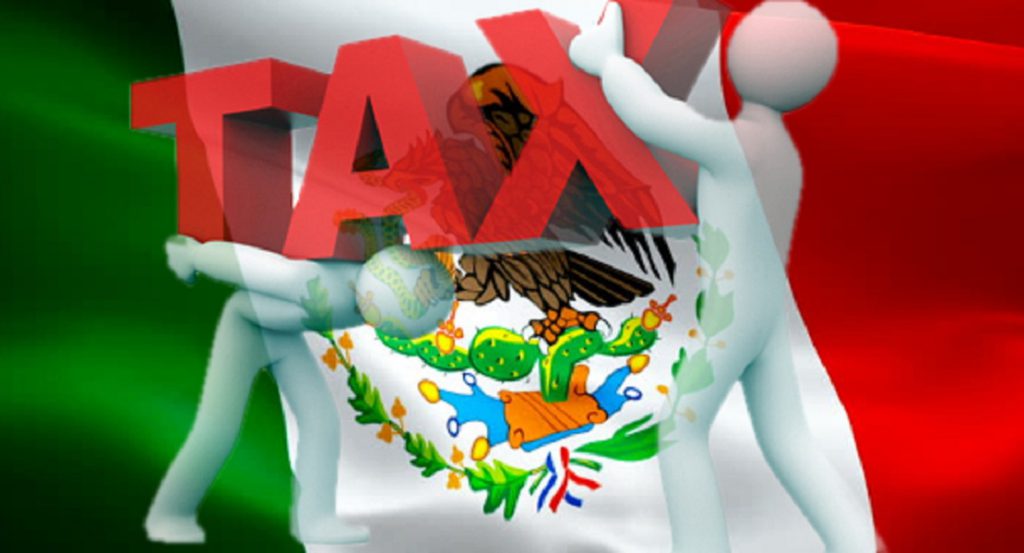Mexico govt wants to impose new 20% online gambling tax

Mexico’s online gambling licensees are facing increased taxes after the government proposed bringing their operations under the same tax regime as land-based casinos.
On Friday, local media reported that Emmanuel Reyes Carmona, a member of the Morena party that controls Mexico’s Chamber of Deputies, had proposed applying the country’s excise tax (Impuesto Especial Sobre Producción y Servicios or IEPS) to its online gambling operators at a rate of 20%.
In March, Morena announced plans to revamp the country’s 72-year-old gambling laws to include online-specific regulations to both combat unauthorized operators and enhance consumer protections. It was the latest in a long line of political promises to update Mexico’s gambling laws and the country never seems to get any closer to that distant regulatory horizon.
Carmona complained that online gambling “grows more and more and there is still no concise regulation on the matter. There are still many tax loopholes” being enjoyed by local online casinos and sports betting sites. Carmona said the current plan was to align online gambling taxation with that applied to the country’s land-based gaming operators.
Mexico’s land-based gaming operators currently pay a 30% IEPS so online gambling may actually be catching a break here. Also, in July, lawmakers from the Chamber’s opposition parties pushed the government to boost the IEPS rate on all gambling products to 35%. Individual Mexican states apply their own taxes on both gambling profits and punter’s winnings.
Carmona’s latest initiative will need to be analyzed by various parliamentary committees before federal legislators will get an opportunity to debate the matter.
Despite its inherent uncertainty, Mexico’s online gambling market continues to attract some of the industry’s heavy hitters. In June, UK online betting giant Bet365 launched a Mexican-approved site in partnership with an offshoot of local multimedia conglomerate TV Azteca.
Mexico’s online gambling market is considered to be seriously underpenetrated, in part due to many local residents lacking digital payment options.
No tags for this post.




